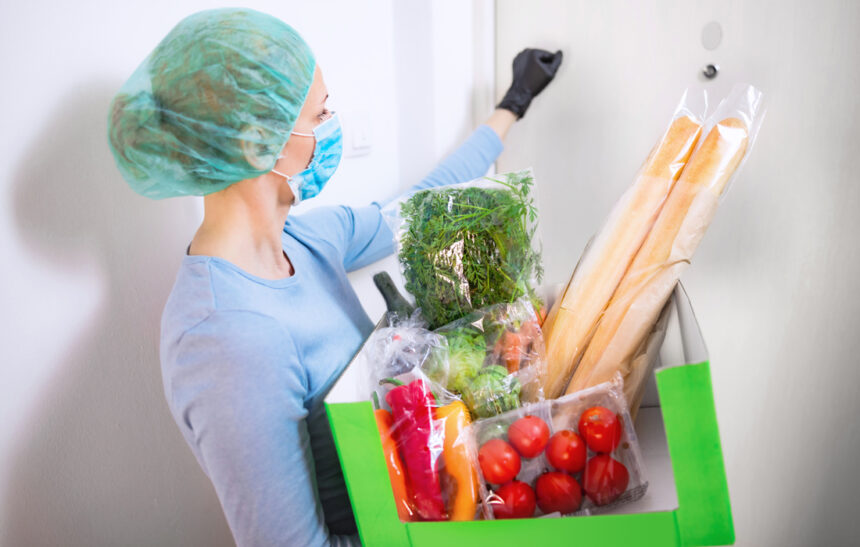What does EODY propose?
During the holiday season one of our favorite habits are meals with our family and friends. The following tips are about the prevention of food-borne diseases, that is, diseases caused by the consumption of contaminated food.
What does EODY propose?
• Keep food separate
• Keep meat, poultry, seafood, and eggs separate from other foods in the refrigerator, in containers, or in sealed plastic bags.
• Store eggs in their original packaging in the refrigerator (not on the refrigerator door).
• Cook the meat and stuffing sufficiently
• Set the oven temperature to at least 160 degrees. Place the already thawed meat in the appropriate container.
• Cooking the stuffing for the turkey in a crockpot ensures that the stuffing will be cooked through. If you are cooking the stuffing inside the turkey, add it just before baking.
• The use of a cooking thermometer is recommended to ensure that the internal temperature of the meat and the temperature in the center of the filling reaches 74 degrees.
• After removing the turkey from the oven, leave the stuffing in the poultry for about 20 minutes.
• Keep food at safe temperatures.
• After preparing food, keep it at safe temperatures whether it is hot or cold food.
• Place leftover food in the refrigerator as soon as possible and within 2 hours of the time the food was prepared. Alternatively refrigerate leftovers within 1 hour if the food is exposed to temperatures above 32°C, such as during transport by car.
• The temperature in the storage of your refrigerator must be set to be less than or equal to 4 degrees Celsius and in the freezer less than or equal to -18 degrees Celsius.
• Defrost the meat by placing:
• in a container in the refrigerator
• in a plastic bag in a sink with cold water (change the water every 30 minutes), or
• in the microwave, following the manufacturer’s instructions
Do not allow meat to thaw on the counter outside the refrigerator. When meat is kept at room temperature for more than 2 hours, the proliferation of bacteria is favored. Dangerous temperatures for the proliferation of bacteria are considered to be between 4 and 60 degrees Celsius.
• Use pasteurized eggs especially if you are going to prepare foods that contain raw eggs.
• Bacteria such as Salmonella spp. survive both outside and inside normal-looking eggs. Many favorite holiday foods or desserts contain raw eggs (eg eggnog, tiramisu, various Caesar dressings).
• Do not consume raw yeast.
• Dough made with flour and/or eggs may contain bacteria, such as Salmonella spp. Do not taste or let your children taste raw dough intended for baking or cooking (eg cookie dough, cookie dough).
• Don’t forget to wash your hands with soap and water:
– Before, during and after food preparation
– Before consuming food
– After handling pet food or contact with pets
– After using the toilet
– After changing a diaper or cleaning a child who has used the toilet
– After contact with waste
– Before and after patient care
– Before and after wound care
– After blowing the nose, coughing or sneezing








